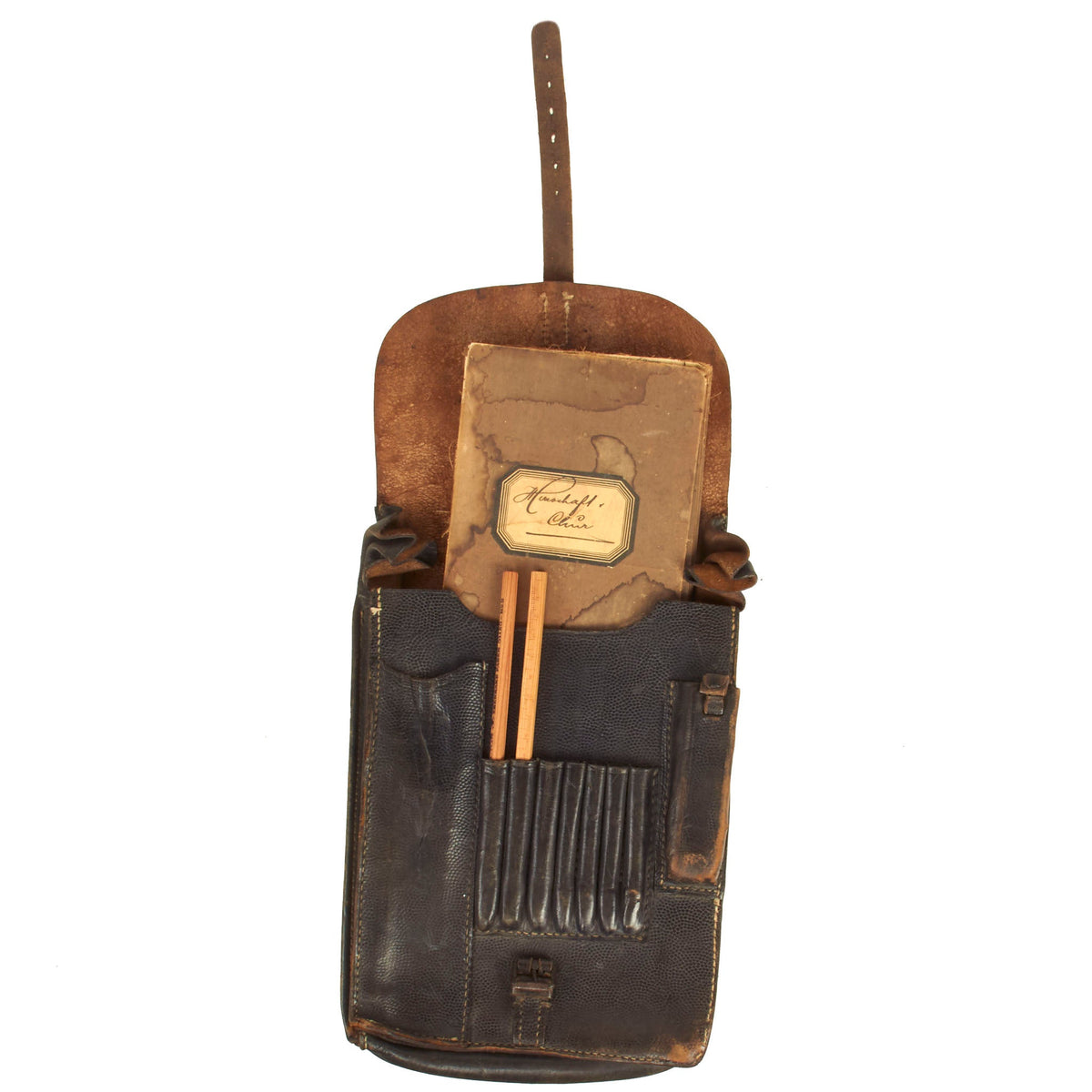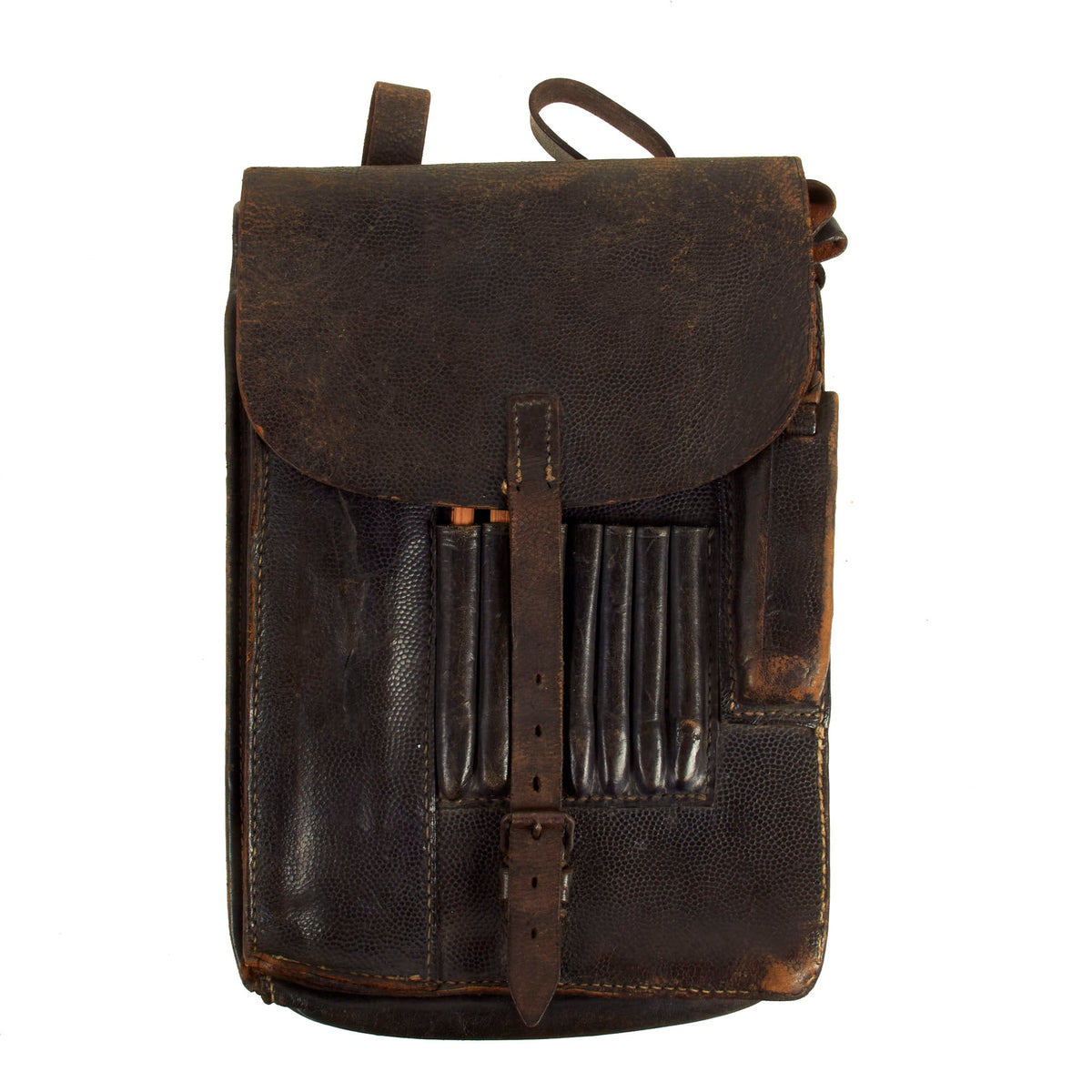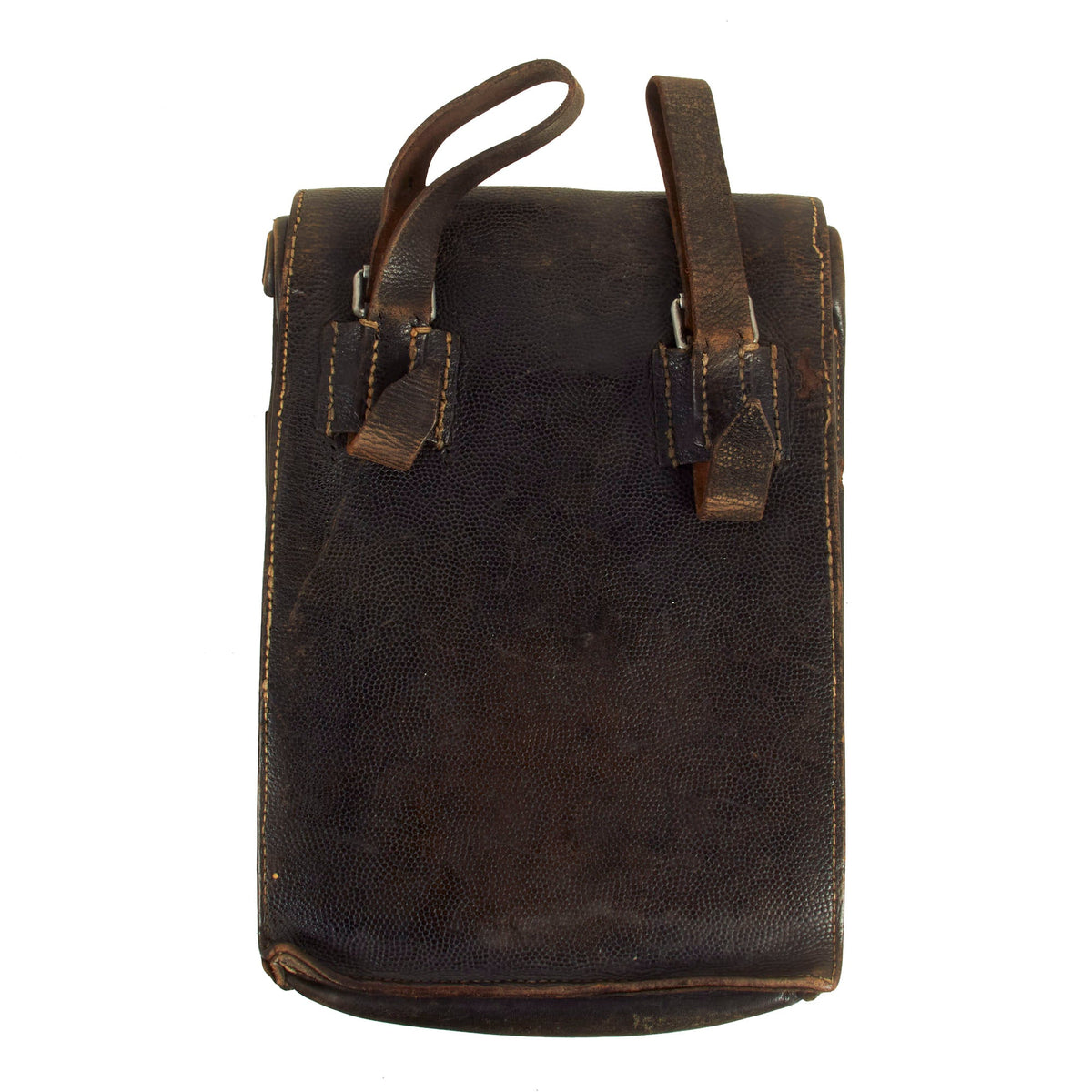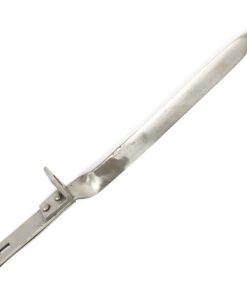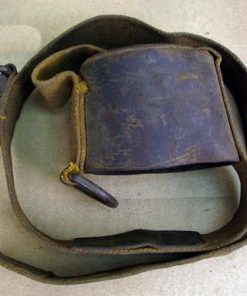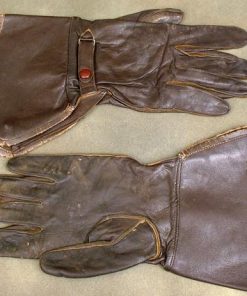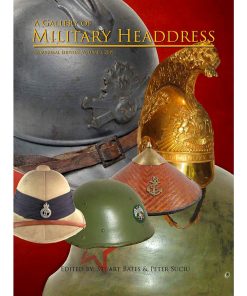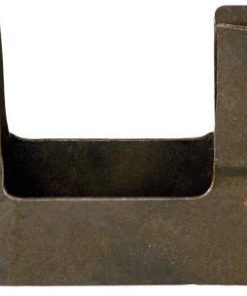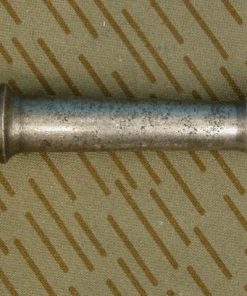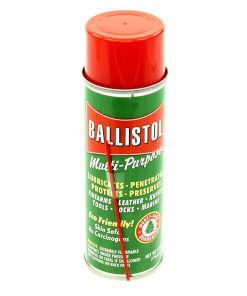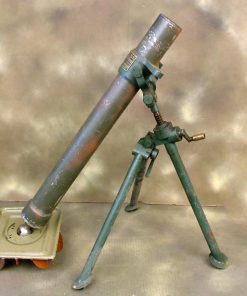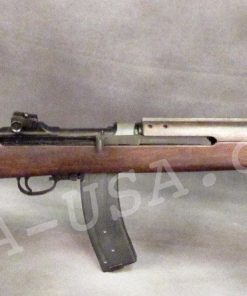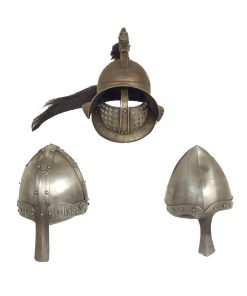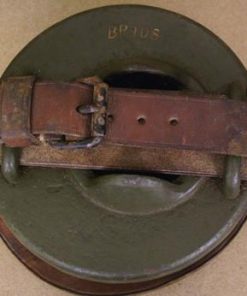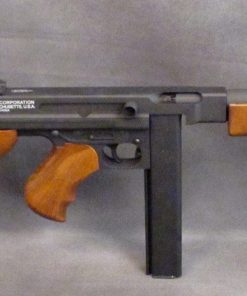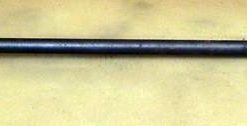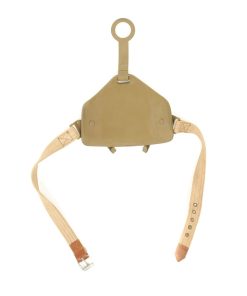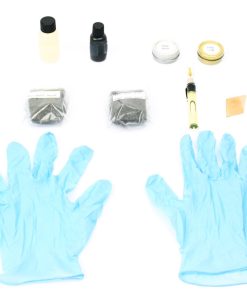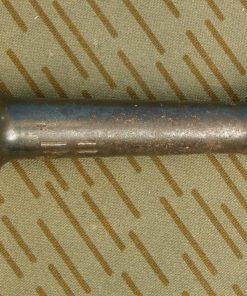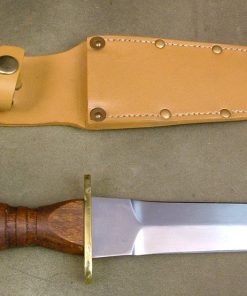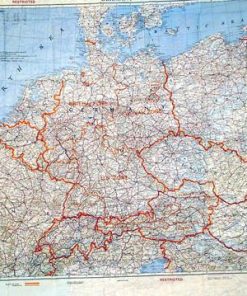Original German WWII Melde Kartentasche M35 Map/Dispatch Leather Case With Original Contents Original Items
$ 295,00 $ 118,00
Original Item: Only One Available. Map/dispatch cases were issued on a limited basis to specifically designated personnel such as unit commanders, messengers, and observers. The M35 map/dispatch case was based on the Weimar era, Reichsheer pattern map/dispatch case with minor variations. The M35 map/dispatch case underwent a front closure modification in mid-1936, and an additional small front pocket was added in 1938, although the early pattern cases continued to be manufactured through-out the war. The M35 map/dispatch cases were issued with assorted map reading tools, instruments and accessories.
Of Note: As with other armies the Germans had a Kriegskarten- und Vermessungswesen Abteilung, (War Maps and Surveying Department), under command of the OKH, Oberkommando des Heeres, (High Command of the Army). The war maps and surveying department was responsible for all army issue maps and worked in conjunction with the German Reichsamt für Landesaufnahme, (National Land Survey Office). Regulations dictated that army issue maps were exclusively for use of army personnel and that any reproduction or improper usage were punishable offenses. German army maps were generally named and numbered and were issued as required.
Regulations dictated that army issue maps were exclusively for use of army personnel and that any reproduction or improper usage were punishable offenses. German army maps were generally named and numbered and were issued as required.
The case is roughly, 27cm tall, and 19cm wide, and 5cm thick, with folding, accordion, expanding side panels. The case has a fold over top closure flap with a machine stitched on, vertical closure strap which attaches to a leather reinforced, steel pronged roller buckle which is machine stitched to the bottom center of the case’s body.
The front of the case features a vertical ruler pocket to the left side, seven central, vertical pencil holders and a small vertical pocket to the right side with an internal quick release pull tab. There are original pencils still present in the respective pouches. When in the closed position the top fold over flap covers the top openings of the ruler, pencil and tool pockets to ensure against losing the items. The reverse of the case has two, machine stitched on, vertical belt loop straps with magnetic sheet metal, and pronged length adjustment roller buckles. The natural tan leather interior of the case has two compartments with a central, blackened, simulated leather separating panel. The interior of the case also has protective panels to both of the top side panels positioned underneath the top fold over flap.
A beautiful example that comes more than ready for further research and display.
Fast Shipping with Professional Packaging
Thanks to our longstanding association with UPS FedEx DHL, and other major international carriers, we are able to provide a range of shipping options. Our warehouse staff is expertly trained and will wrap your products according to our exact and precise specifications. Prior to shipping, your goods will be thoroughly examined and securely secured. We ship to thousands clients each day across multiple countries. This shows how we're dedicated to be the largest retailer on the internet. Warehouses and distribution centres can be located throughout Europe as well as the USA.
Note: Orders with more than one item will be assigned a processing date depending on the item.
Before shipping before shipping, we'll conduct a thorough inspection of the items you have ordered. Today, the majority of orders will be delivered within 48 hours. The delivery time will be between 3-7 days.
Returns
The stock is dynamic and we cannot completely manage it because multiple stakeholders are involved, including our factory and warehouse. So the actual stock may alter at any time. It's possible that you may not receive your order once the order has been made.
Our policy is valid for a period of 30 days. If you don't receive the product within 30 days, we are not able to issue a refund or an exchange.
You can only return an item if it is unused and in the same state as the day you received it. You must have the item in its original packaging.
Related products
Uncategorized
Uncategorized
Australian WWII Owen MK1 Machine Carbine SMG Custom Fabricated Replica with Sling Original Items
Uncategorized
Uncategorized
Armoured Fighting Vehicles of the World: AFVs of World War One (Hardcover Book) New Made Items
Uncategorized
Uncategorized
Uncategorized
Uncategorized
Angolan Rebel 1970s era 60mm Inert Display Mortar from Angolan Civil War Original Items
Uncategorized
Uncategorized
Uncategorized
Uncategorized
Uncategorized
Uncategorized
Uncategorized
Uncategorized
Uncategorized
Uncategorized
Uncategorized
Uncategorized
Uncategorized
